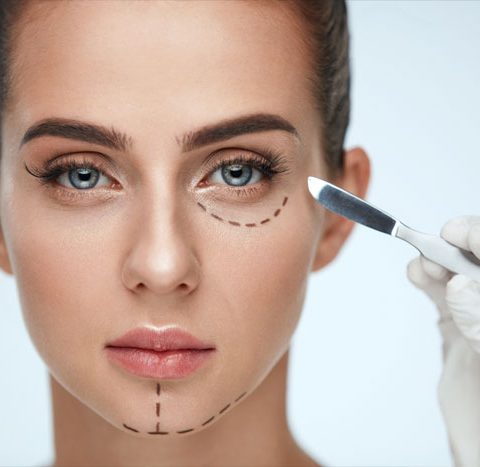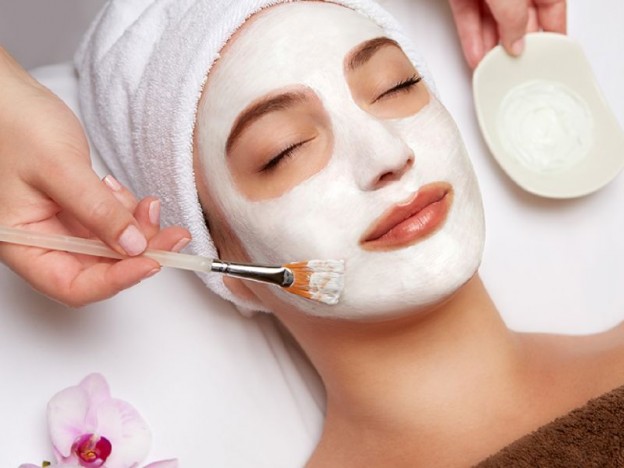Having too much oily skin is a problem encountered by many, and the problem increases 2-3 times in the current rainy season. Oily skin appears as shiny, thick and dull coloured. Often a chronically oily skin has coarse pores and pimples and other embarrassing blemishes. It is prone to blackheads. In this type of skin, the oil producing sebaceous glands are overactive and produce more oil than is needed.
Oily skin makes one prone to a number of skin diseases and infections.
Causes of oily skin
Because of the hormonal shifts of adolescence, oily skin is more common in teenagers, but it can occur at any age. In general, skin tends to become dry with age. The flow of sebum or oil increases during adolescence and starts decreasing with age.
During pregnancy and menopause, hormonal imbalances can also upset the oil balance and increase the activity of sebaceous glands.
Many people have skin that is oily only in certain areas and dry or normal in others, a condition known as combination skin.
Skin care for oily skin
The one and only great advantage of oily skin is that it ages at a slower rate than other skin types.
Oily skin needs special cleansing with lukewarm water and special medicated face wash to prevent the pores from being clogged.
Avoid harsh products that strip your skin of oil and encourage flakiness because of the loss of natural oils.
Avoid skincare products that leave your skin feeling taut and dehydrated. These cause the upper layers of the skin to shrink. This restricts oil flow through the pores leading to blockages and breakouts.
To cleanse oily skin, use oil-based products as they dissolve sebum effectively. Opt for oil-free moisturisers to maintain a shine-free complexion.
Choose your cleanser with care. Avoid heavy cleansing creams.
Avoid the use of harsh soaps or cleansers. Use a pure soap with no artificial additives.
Do not use cleansers or lotions that contain alcohol. After cleansing, apply a natural oil-free moisturiser to keep the skin supple.
When cleansing, massage your face well with your fingertips, using an upward and outward motion. Be careful not to rub soap into the skin; it can clog pores.
Choose cosmetic and facial care products specifically designed for oily skin.
Before applying makeup, use a day cream with active ingredients that diminish sebaceous secretions.
Right diet for oily skin
Take a diet rich in proteins but restricted in sugar, fluids and salt.
Take plenty of leafy green vegetables and fresh fruits.
Have your blood brought up to par by the suitable administration of necessary vitamins, iron and similar substances.
Even a slight deficiency in vitamin B2 can cause oily skin. Nutritional yeast, wheat germ and organ meats provide both vitamin B5 and vitamin B2.
Drink plenty of quality water to keep the skin hydrated and flush out toxins.
Reduce the amount of fat in your diet.
Do not eat any oils that have been subjected to heat, whether in processing or cooking. If a little oil is necessary, such as in salad dressing, use cold-pressed canola or olive oil only.
Avoid sugar, chocolates with high glycemic index, and junk food.
Get sufficient sleep as the skin’s cellular repair activity is at its optimum during this resting phase. Exercise benefits skin as it boosts circulation and encourages blood flow.




